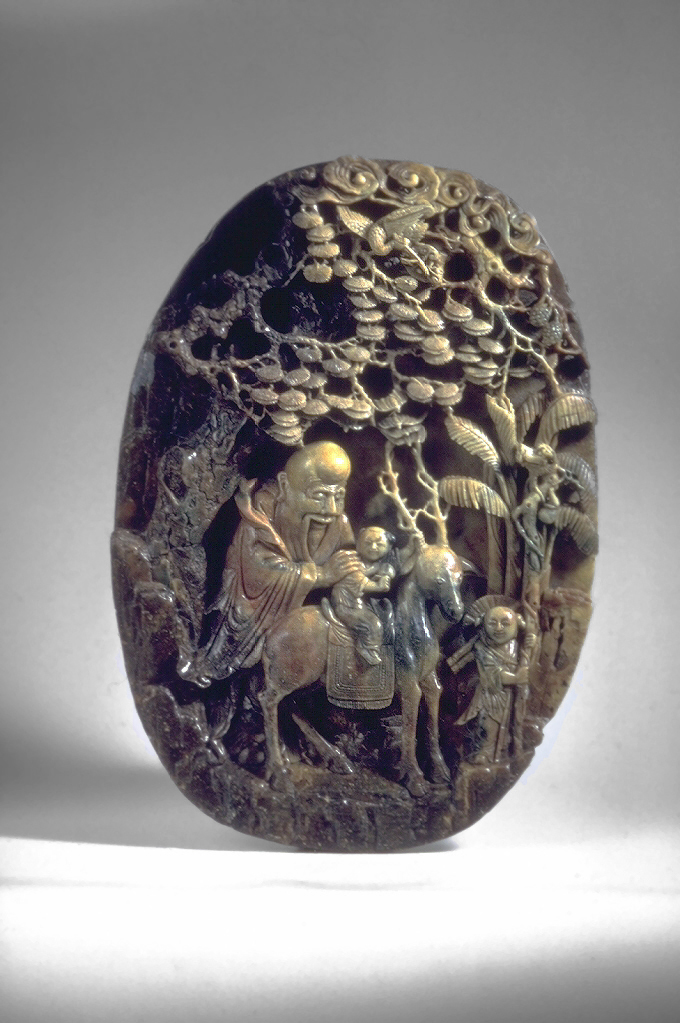
By the Power of Eternal Heaven - The Mongols' Changing View of the Blue Sky Above
The Mongols saw themselves as destined by heaven to rule the world. In 1206, Chinggis Khan undertook his conquest "By the Power of Eternal Heaven." In 1260 Qubilai Khan adopted a Buddhist teaching which transcended world order given by the amoral vault of heaven with an order predicated upon morality and compassion. In 1578 a certain Mongol lord accepted the teaching of Gelugpa Buddhism and forsook heaven as the ultimate source of his legitimacy. In 1635 the descendants of Chinggis Khan resigned themselves to a heaven that had ceased to recognize them as destined to rule but instead ordained the Qing dynasty of the Jurchen Manchus. And around the turn of the 20th century they saw a heaven itself resigned to a modern world order that rendered it misunderstood and irrelevant.
Primary reading materials (in translation) will be The Secret History of the Mongols; "Yeh-lu Ch'u Ts'ai (1189-1243): Buddhist Idealist and Confucian Statesman", Dr. Baumann's unpublished translation of a Buddhist verse treatise on salvation in Mongolian verse; and ritual texts related to the supposedly shamanistic deity Cayan ebugen (The White Old Man).
Dr. Brian Baumann is a lecturer in the Department of East Asian Languages and Culture at UC Berkeley, where he teaches courses on Mongolian language, history, and culture.
Registration Policies
The Society for Asian Art's cancellation policy requires at least one week's advance written notice in order to receive a refund of registration fees. This excludes our Travel programs, which have separate cancellation policies, as well as any programs where a specific refund policy is stated on the event page. Your fees will be returned to you through a check in the mail. To cancel, please contact us.
For programs located within the Asian Art Museum, the museum entrance fee must be paid separately and is not included with your registration fee.
Please note that by registering for a program, you are giving consent to the SAA to be photographed or videoed as a participant.
